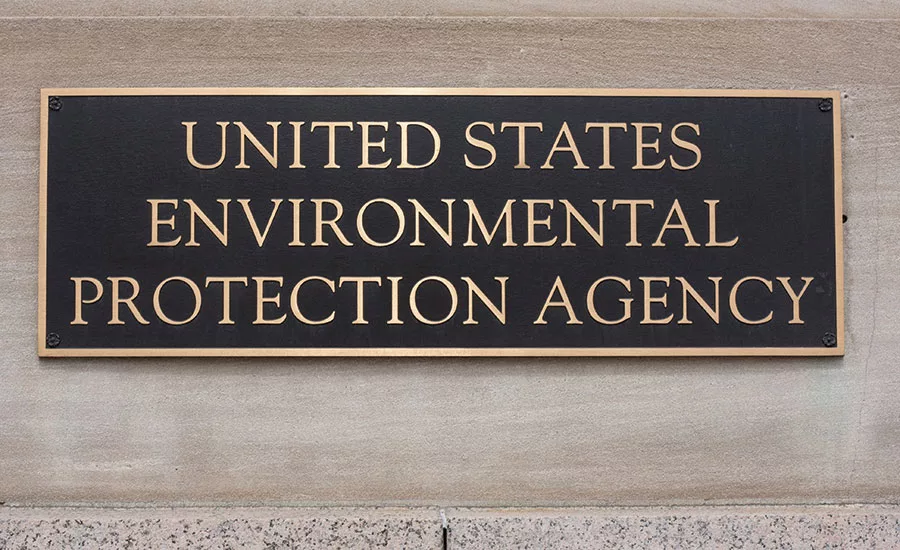How Careful Are You with Drilling Waste?

I bet a lot of readers think they’re pretty careful — and environmentally considerate — when handling drilling fluids and solids byproducts.
But, I was thinking of this recently as I attended the Underground Construction Technology (UCT) event in Atlanta last month. During one of the sessions there, I was reminded of the new “Waters of the U.S.” rules. The Obama Administration greatly expanded the scope of the Environmental Protection Agency’s water regulations. This expansion of the waters covered by the Clean Water Act could have a direct effect on drilling activities, particularly those done near even the smallest bodies of water, as well as disposal of all manner of drilling waste.
I don’t get outright political in this column. My readers have their opinions, but it’s not in my best interest to aggravate one side of the spectrum versus another. What I think about the Obama Administration and what you think about the administration are irrelevant to this discussion. The important thing here is that, if the new rules are fully implemented, it will make it much more difficult and expensive for drillers of all stripes to do their jobs.
Currently, the new rules are held up in court after 13 states sued. The 6th Circuit stayed the new rules last fall, making them unenforceable for the time being (even in the states that didn’t sue). Congress has also worked to prevent the EPA from enforcing the new, expanded definition of waters of the U.S. The U.S. Senate in January failed to get enough votes to override a presidential veto, which would be needed to undo this change to the EPA’s mandate.
So, what does this mean for drillers? If these rules go into effect, and you do any kind of drilling within a short proximity to standing or running water — even if it’s a ditch — you could run afoul of federal regulations. To the EPA, that ditch could be a tributary to a nearby river, stream or other “navigable waters.” If you do not exercise the utmost care on the jobsite, enforcement of those federal regulations could result in penalties. Do you get rid of drilling solids in your area via land spreading? If these rules go into effect, that will be all but impossible. Spreading spoils over farm or pastureland raises the potential of runoff into nearby streams, rivers and ditches.
All of these implications affect your bottom line. The harder it is to dispose of drilling waste, the more expensive it will be for you to get rid of it. One of the presenters at the UCT event told me that disposal prices could go as high as $1 a gallon for drilling fluids, which he said is fairly common for drilling contractors to pay in Europe but not all that common for their American counterparts.
What can be done? The first, and most important, thing is to get informed. If you don’t know what’s going on in local, state or federal news that affects your bottom line, shame on you. Pay attention. Changes to regulations come up all the time. Some of them could have huge implications for drilling contractors and how they get their work done.
Next, I would suggest getting active. Congress will likely try again to undo what has been done. Call your congressman and let him know what your thoughts are, and just what the implications are for the drilling industry. Fifty-two senators voted to undo these new water regulations. Sixty votes were needed to override a presidential veto.
Third, I would suggest paying close attention to the way you handle and dispose of drilling byproducts. Another presenter at UCT told me that these regulations are coming — it’s only a matter of time. This latest bout of water regulations may very well get stopped in the courts or overturned by Congress. But the political winds change all the time, so the next one may stand. It’s best to be prepared.
How tough is disposal in your state? Are you already working under tough local regulations? Send an email to verduscoj@bnpmedia.com.
Stay safe out there, drillers.
Looking for a reprint of this article?
From high-res PDFs to custom plaques, order your copy today!

